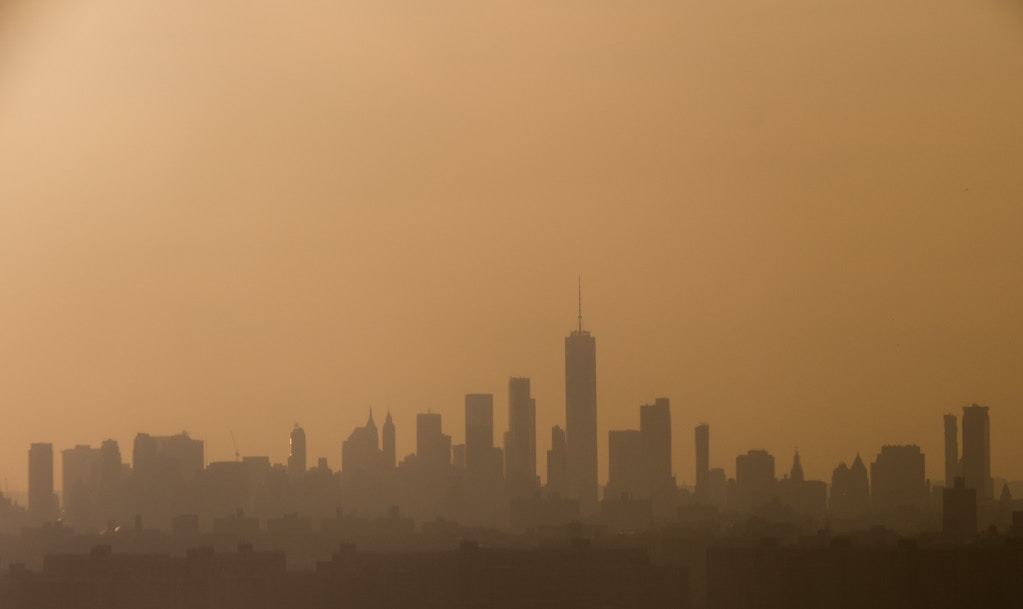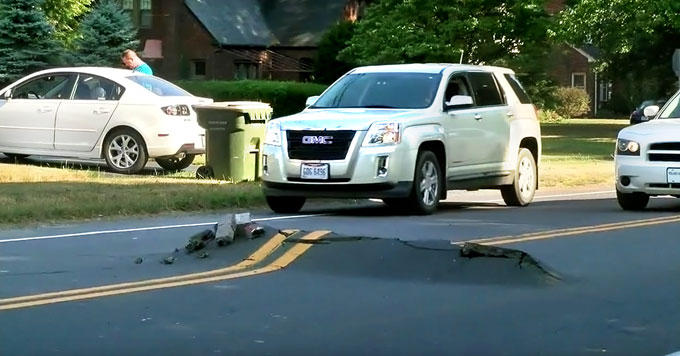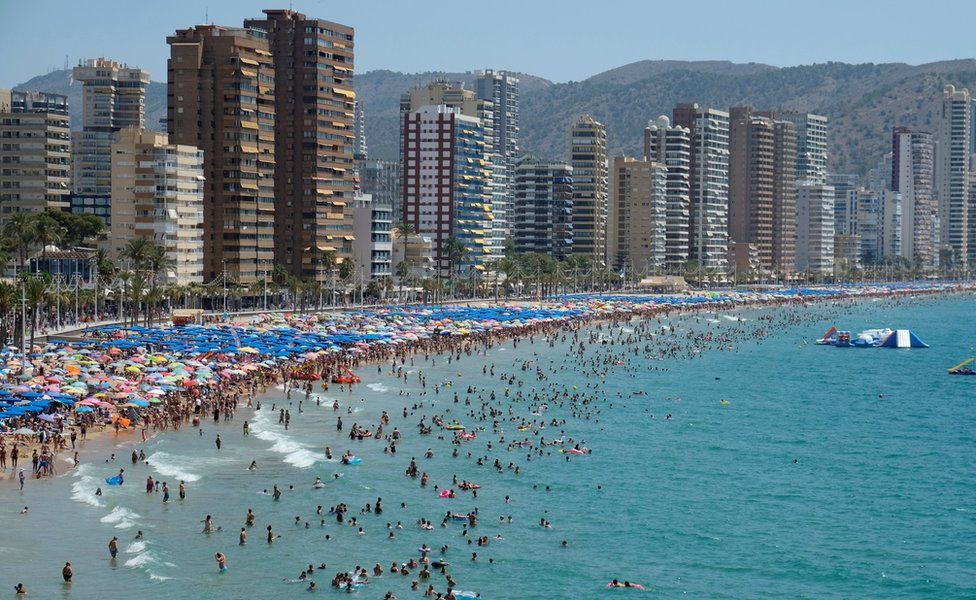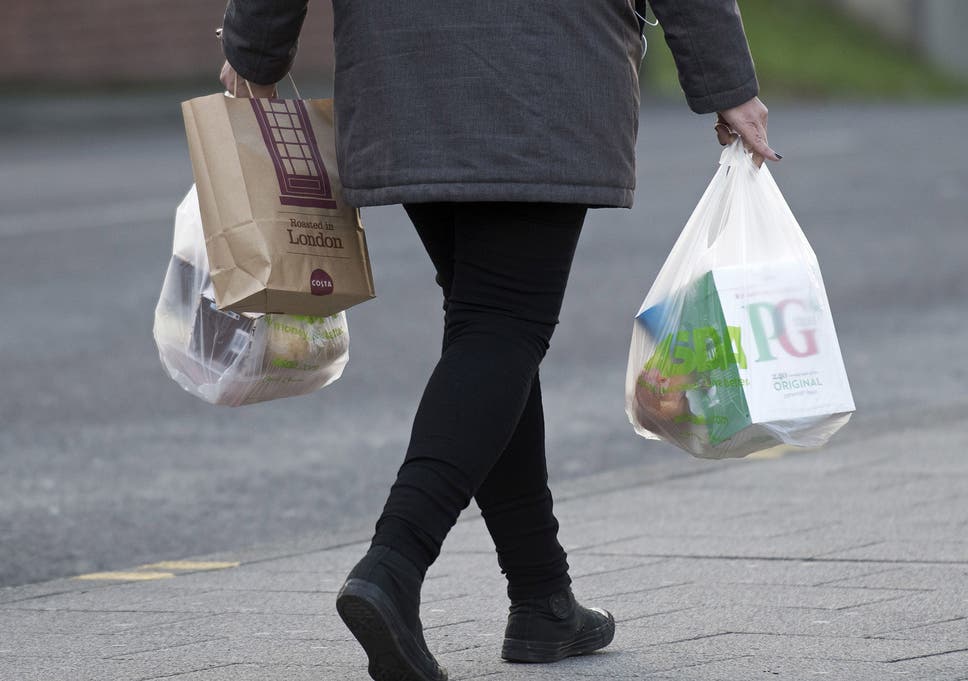
The skyline of Manhattan at sunset in New York, May 23, 2018. Photo: Saul Loeb/AFP/Getty Images
Capitalism Killed Our Climate Momentum, Not “Human Nature”
Following what goes on with oil and gas exploitation in and around Adrian, Michigan since 2013 - and how these events in our little city connect to the global environmental situation... - with the occasional sidetrack to other related environmental issues in Lenawee county, Michigan and how those relate to global issues.





